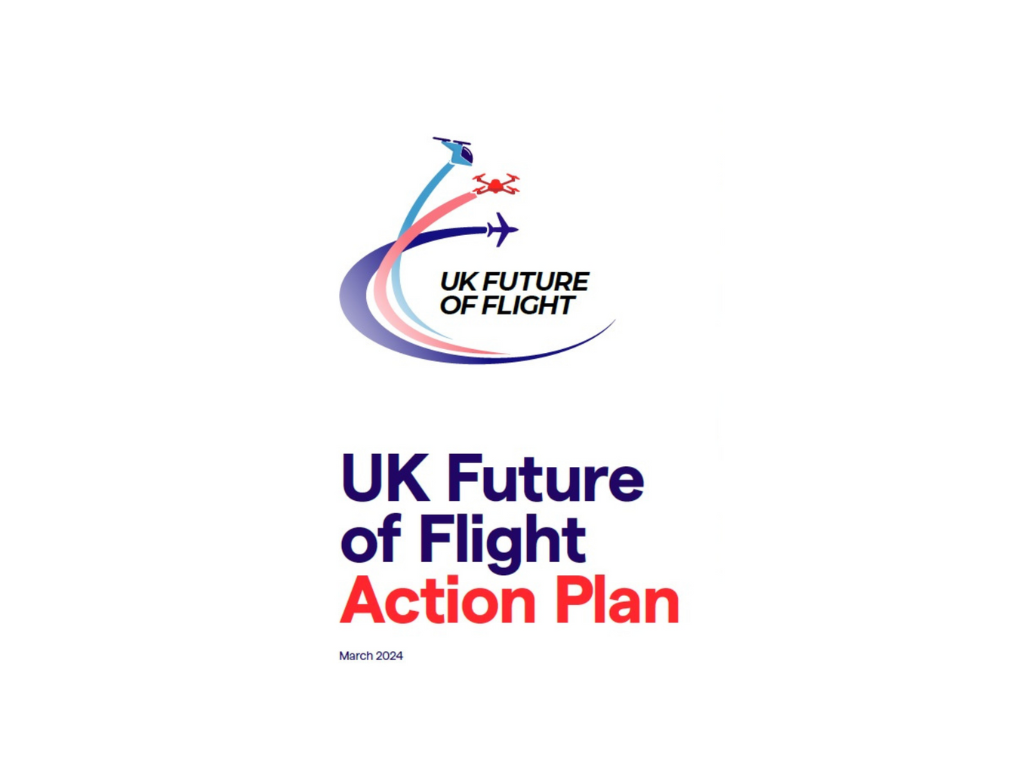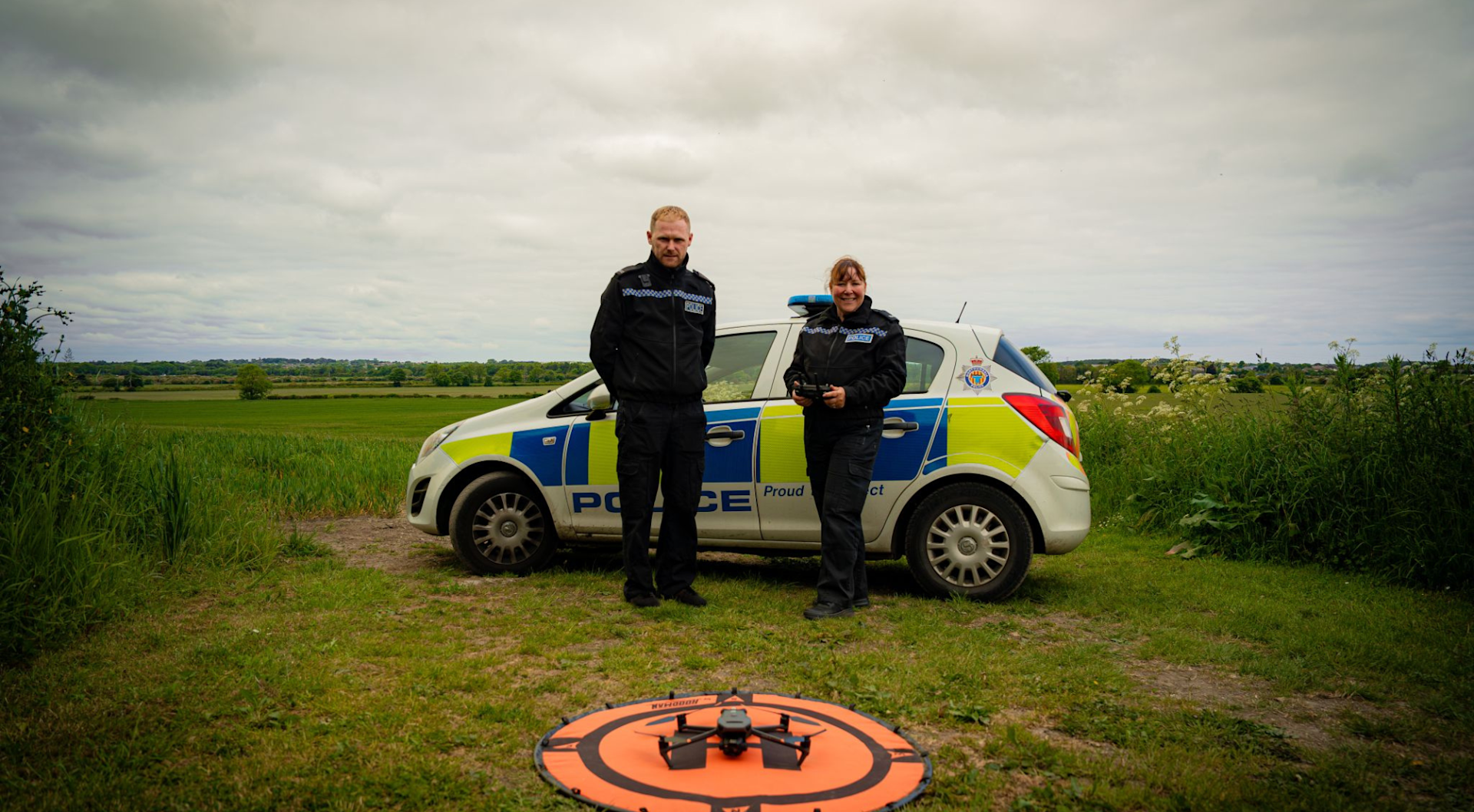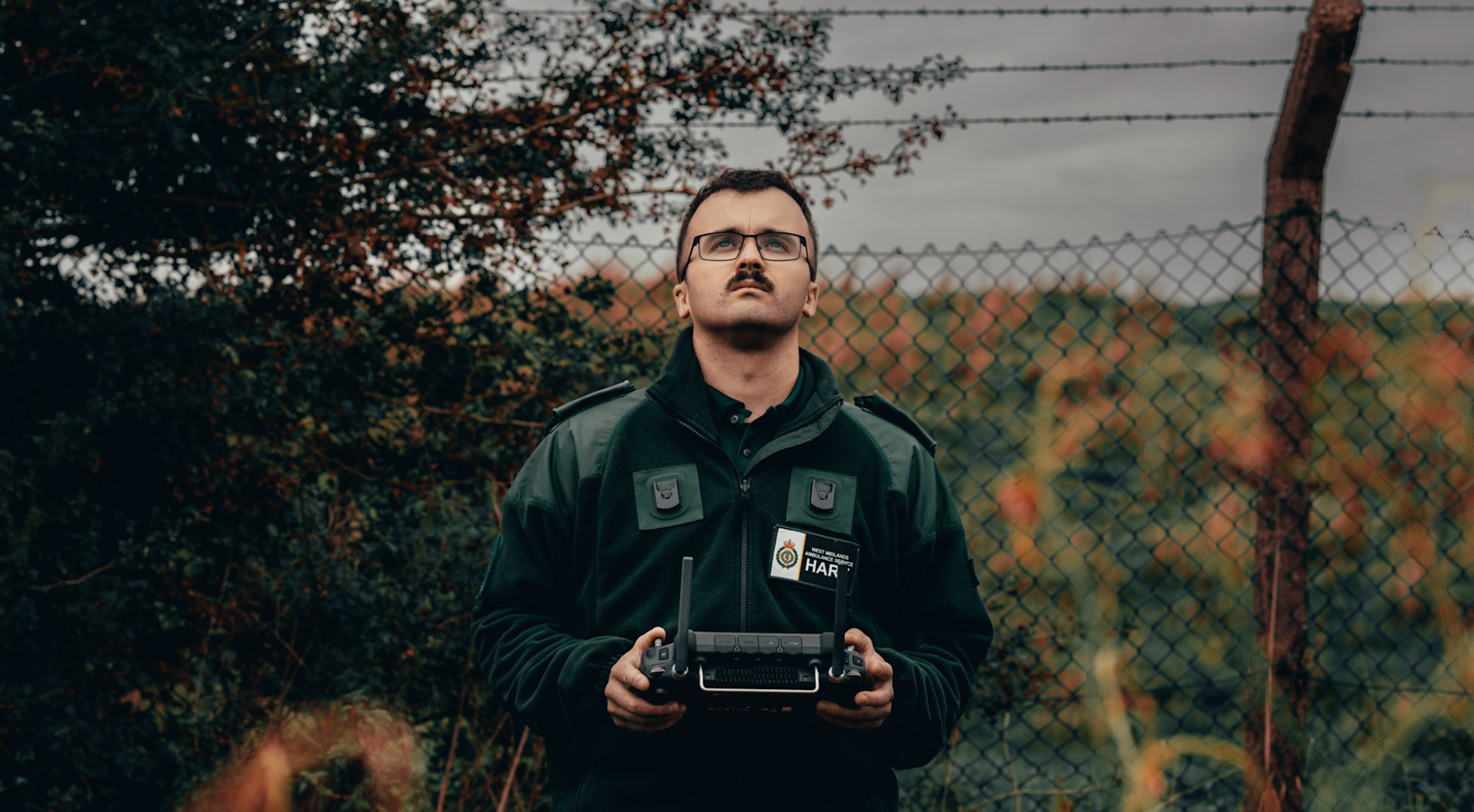
News
UK Government's Plan To Become a Drone Industry Leader by 2030
Explore key features of the UK Government's strategy to lead the drone industry by 2030.
The UK Government published a long-term, comprehensive plan to position the UK as a world-wide drone leader by 2030.
PwC projects economic benefits of up to £2 billion by 2040.
An integral change they are looking to bring about is less restrictions and new procedures for BVLOS and eVTOL missions.
In March 2024, the UK Government unveiled the UK Future of Flight Action Plan, a document outlining their plan to position the UK as a leader in the drone industry by 2030. This Government-Industry Statement of Intent has been collaboratively developed with a key leader in the aviation industry, The Future of Flight Industry Group.
The initiative, supported by a £125 million public investment, aims to enable businesses in the UK to leverage drones for efficient and reliable delivery of services. With this substantial investment, UK industries will be able to can better utilise drones in their operations, leading to wider socioeconomic benefits.
PwC estimates that by 2040, these advancements could yield annual gains of up to £2 billion.
A key section of this plan that will make a huge impact on future drone operations is the upcoming changes regarding BVLOS (beyond the pilot's visual line of sight) and eVTOL (electric vertical take-off and landing aircrafts) flights.
Proposed changes include:
BVLOS operations are transitioning from airspace segregation to integration alongside other users, utilising significant airspace blocks nationwide to grant pilots more freedom and fewer limitations where drones can be launched.
eVTOL operations in the UK, by 2030, will mark the debut of cargo and passenger flights, leveraging new infrastructure and regulations alongside existing airspace and aerodrome rules, promising scaled commercial activity and long-term sustainability.
Overview
The Action Plan sets to achieve its objectives by:
Deploying comprehensive policy framework and regulatory environment to facilitate trials, innovation, and safe progression from demonstration to full-scale implementation.
Developing, testing, and deploying new technologies and services that prioritise safety, security, and deliver tangible economic and social advantages.
Fostering trust and confidence in emerging technologies among customers, citizens, and investors.
There has already been some promising results from the Action Plan, initiatives such as delivering mail in remote areas and utilising drones to tackle crime demonstrate the practical applications of Future of Flight technologies.
Notably, a pilot initiative involving the transportation of medical supplies between NHS sites in Coventry and Rugby showcased the efficiency and environmental benefits of UAVs, significantly reducing delivery times and CO2 emissions.

Looking ahead, the UK aspires to be a leader in emerging aviation technologies by 2030, with a sustainable industry and a thriving ecosystem at home and abroad.
Collaboration is deemed essential to achieving this vision, with roles and responsibilities clearly outlined for central government, the Civil Aviation Authority, and industry stakeholders.
The Action Plan is structured around several key building blocks, including community integration, industrialisation, skills and people, digital infrastructure, standardisation, and autonomy. Each of these elements requires ongoing support and collaboration between government and industry.
Central Government: Enable the vision and actualising of the plan by leading policymaking, actively backing the UK Future of Flight sector, anticipating an overcoming barriers, and implementing solutions into the public sector.
Civil Aviation Authority: Maintain effective regulations so that new technologies can safety develop, ensure that the authorisation and oversight of operators and services is timely and act as an overseer of the ecosystem.
Industry: Continuously develop more up-to-date technologies and new physical and digital infrastructure, highlight the benefits of Future of Flight technologies' through real-world applications, and communicate the plans and progress with public.
BVLOS In Non-Segregated Airspace
Currently, drone operations are limited to segregated airspace due to the risk of mid-air collisions, as there are no approved solutions for UAS to detect, be detected by, and avoid other aircraft without an onboard pilot. This can limit the freedom operators have to launch missions and can create more paperwork for pilots when they are trying to achieve the correct permissions to fly in certain airspaces.
To overcome this issue, an integral part of the Flight Action Plan involves actively working towards achieving routine operations beyond the pilot’s visual line of sight (BVLOS). This effort aims to make drone missions simpler to organise and carry out, and will grant pilots more freedom in where they can operate.
In 2024 we are set to see changes in legislation begin to be implemented and by 2027 BVLOS missions are expected to be a routine practice across the country; with significant blocks of unsegregated airspaces being used to ensure safe and efficient operations.
These changes will significantly impact heliguy™'s training programs and surveying services, as they provide greater operational freedoms for piloting drones in the field. This is particularly notable with the DJI Dock 2 and FlyCart 30 models, both of which can be piloted remotely, enhancing efficiency and flexibility in operations.
eVTOL Passenger Flights By 2030
The Action Plan outlines that by 2026, the UK will initiate cargo and passenger operations utilising eVTOL aircraft, leveraging new infrastructure, regulations, and technology, all within the framework of existing airspace and aerodrome rules.
In 2028 these operations are set to occur nationwide at a significant scale, and will utilise adapted existing aerodromes and new vertiports. This autonomous eVTOL flight demonstration aims to establish a path towards expanded commercial activity and long-term sustainability.
Creating Commercial Opportunities
One of the key pillars of this Action Plan is the creation of commercial opportunities through the utilisation of Unmanned Aerial Systems (UAS). The Government recognises the multitude of benefits they offer to businesses such as efficient and reliable delivery of services while reducing costs and mitigating risks to human life, and want to create more employment opportunities in the field.
In 2024 the Government plans to publish a skills gap analysis and acquisition to aid in creating a community of professional staff- pilots, engineers, designers through training programmes and education pathways.
The socio-economic benefits of Advanced Air Mobility (AAM) are also significant, with projections suggesting annual gains of £1 billion to £2 billion for the UK by 2040. These benefits encompass reduced costs, time savings for passengers, and significant reductions in carbon emissions.
Looking Ahead
In the coming years, the UK government aims to publish a skills gap analysis and acquisition plan to support the development of a professional workforce in aviation.
Additionally, consultations and the delivery of digital services to facilitate safe airspace integration are planned for 2025. Progress on strategic outcomes will be monitored annually, ensuring that the Action Plan remains on track to deliver its objectives.

Addressing Societal Concerns
Alongside the opportunities are some societal concerns, particularly regarding safety, noise, and privacy. The Action Plan recognises the importance of addressing these concerns through consultative and evidence-based approaches that align with broader UK policies.
To this end, the Future Flight Challenge (FFC) is investing £1.8 million in social science research to explore these issues thoroughly, ensuring everyone is heard and whatever measures can be taken to alleviate these issues.
Summary
In conclusion, the UK Future of Flight Action Plan represents a bold and ambitious roadmap for transforming aviation industry.
By harnessing the power of innovation, collaboration, and shared principles, the UK is poised to lead the way towards a more sustainable and inclusive aviation ecosystem, benefiting both society and the economy at large.
Contact us to learn more about what drone programmes can benefit you and get ahead of the curve.
For those interested in learning more about how to become proficient drone pilots, please look at our Training Team's page.
